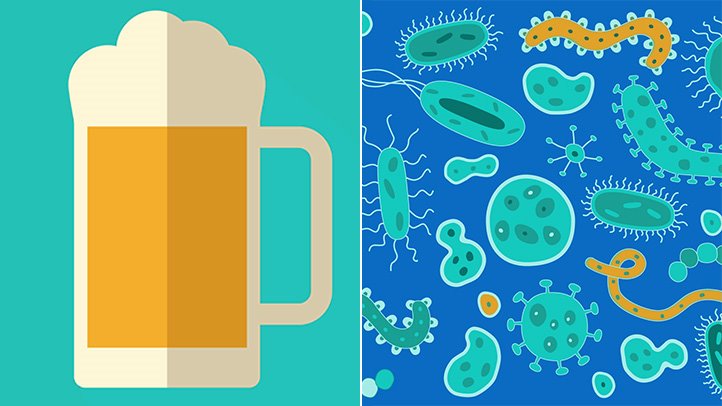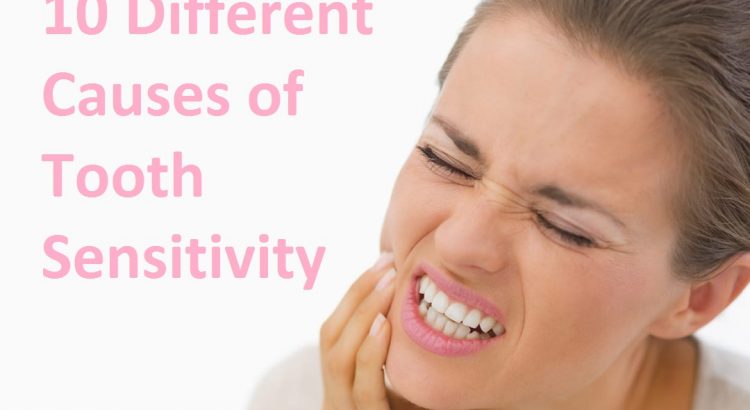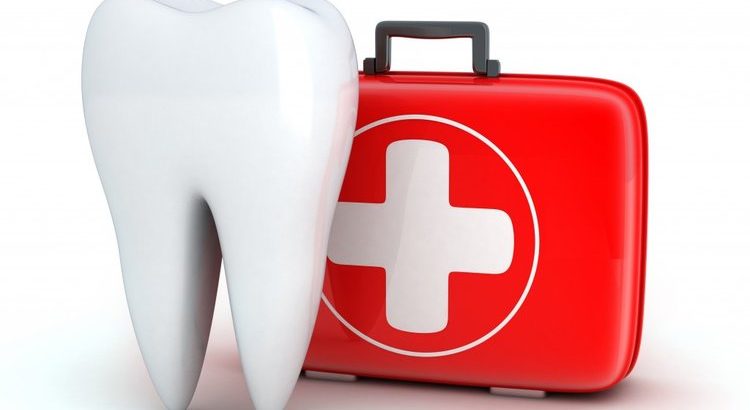We all know that alcohol is dangerous to health, but do you know that it can affect your smile, as in your teeth as well in an adverse way? Furthermore, it can be influence development of life threatening cancers around your head, mouth and neck – a reason enough for you to quit drinking or atleast reduce it to bare minimum, Perhaps?
Well, a study has shown that alcohol addiction can cause a spurt in mouth bacteria and decrease the bacteria responsible for preventing illness. The study was published in April 2018 in the Microbiome journal. The scientists found that people who are hardcore drinkers with daily alcohol intake lead to an imbalance in the healthy combination of oral microbes, which in turn leads to infection of gums, cardiovascular diseases or even cancer. Around 1044 adults in the age group of 55 to 87, already a part of ongoing cancer study were compared to microbe composition of their oral bacteria with data of people with varying drinking habits like that of 270 non-drinkers, 614 moderate ones and 170 alcoholics.
Microbiome is the organism community inside our mouth and the study states that beneficial or good bacteria in healthy people vanished while the inflammatory or bad bacteria increased with increase in alcohol consumption. These where people who had one or two drinks every single day.
Our mouth consists of over 700 different bacteria and few species of fungi. These healthy microorganisms play a vital role in prevention of conditions like cancer, digestion of nutrients as well as maintaining immunity and wellness.
The study found and increase in the level of harmful bacteria like Neisseria, Actinomyces and Bacteroidales while a decrease in the healthy ones like lactobacillales, found in probiotic foods and known for prevention of illnesses.
The researchers also had done a research earlier that revealed the influence of oral bacteria in the development of different digestive tract cancers like esophagus, pancreas and more. As per the authors, alcoholism deeply contributes to cancer growth of neck and head, heart diseases as well as periodontal disorders.
Well, even though there is no substantial information on how to get a healthy mix of oral bacteria for promoting good health, the researchers do have a valid point about the changes in oral flora and its role in prevention of diseases.
know more about Rajarajeswari Dental College and Hospital
*Sourced from the Internet




